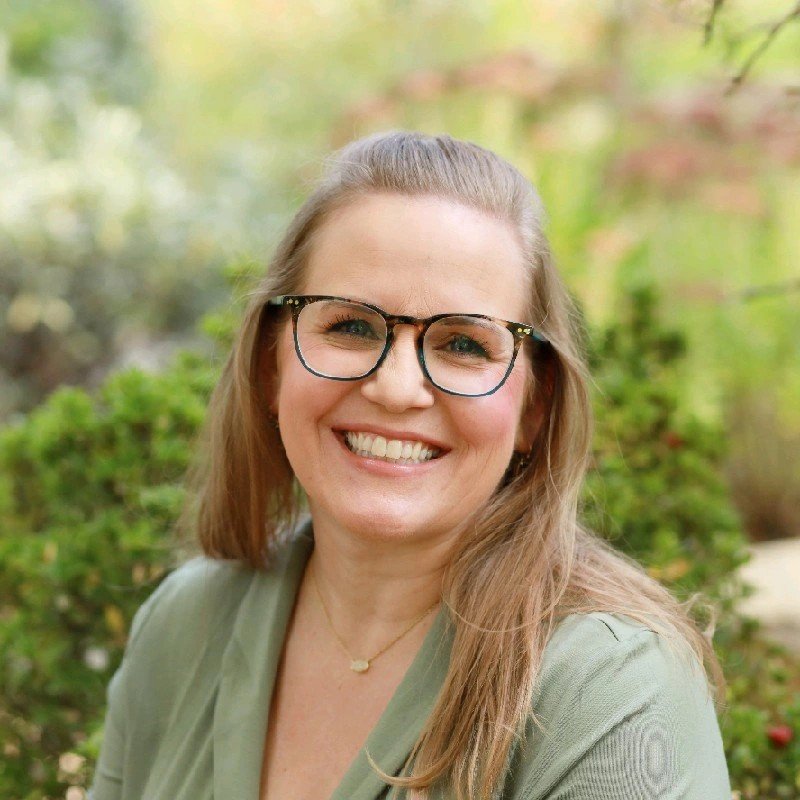MITRE and Montana State University partner to advance rare earth research for quantum technology

According to a press release from the pair, MITRE and Montana State University (MSU) are collaborating to reduce U.S. dependence on Chinese sources for rare earth elements used in quantum research.
The partnership, formalized in August, aims to develop new materials for quantum technology applications and provide career opportunities for MSU students.
Rare earth elements like holmium copper, essential for cooling quantum computers and sensors, are predominantly sourced from China. A White House fact sheet from September highlighted concerns that China’s dominance in refining critical minerals poses risks to U.S. economic and national security.
The collaboration will focus on leveraging artificial intelligence and density functional theory to create a catalog of alternative materials for quantum applications.
Alex Philp, Senior Principal for Strategic Outreach at MITRE Public Sector, explained the significance:
“Successfully identifying a domestic alternative for the rare earth elements used in quantum research today could foster innovation in advanced manufacturing, address U.S. critical supply chain challenges, and leverage government investment in regional technology and innovation hubs for economic development.”
The partnership will also explore ways to enhance employment opportunities for MSU students in fields like cybersecurity. These efforts include offering internships, mentorship programs, and guest lectures provided by MITRE.
Alison Harmon, Vice President for Research and Economic Development at MSU, emphasized the value of the collaboration:
“Montana State University is committed to developing partnerships that extend the reach of its research and advance the nation’s security and economic priorities. MITRE’s work on critical minerals and quantum technologies aligns well with Montana State’s research priorities and creates opportunities to contribute to America’s national and economic security for years to come.”




















